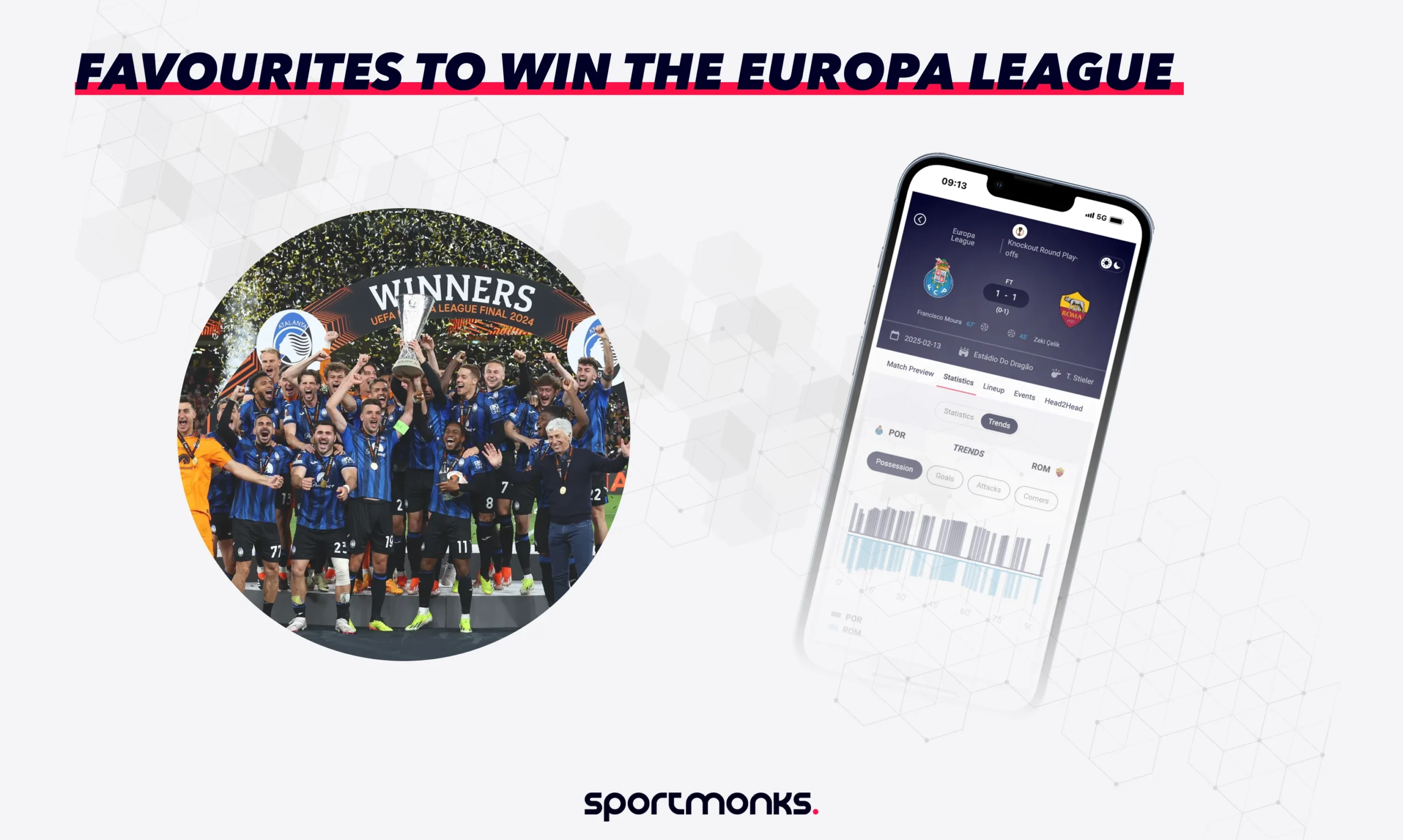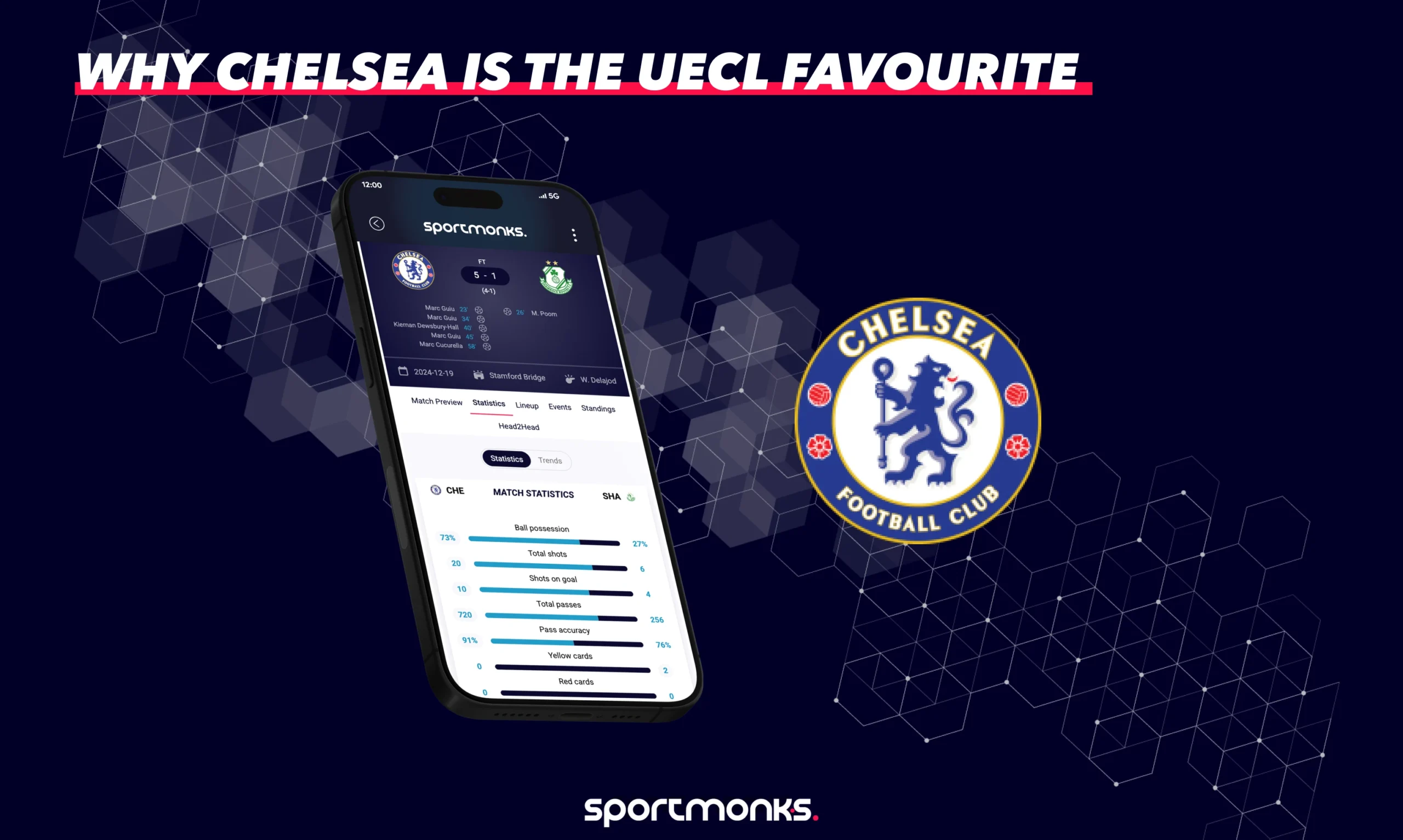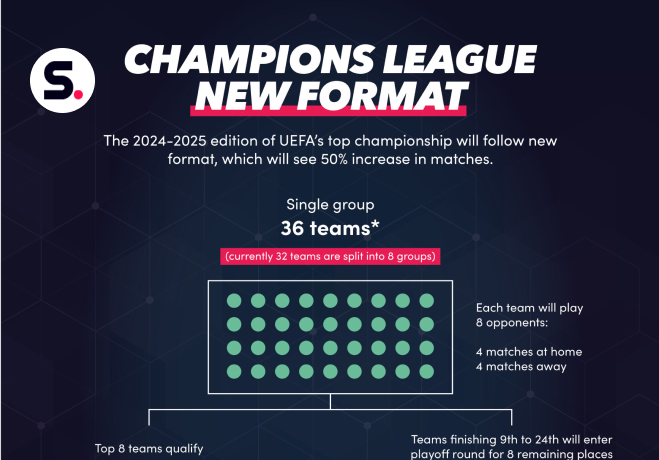
Contents
History of the UEFA Europa League
It has undergone several name changes and format revisions throughout its history. Its origins can be traced back to the Inter-Cities Fairs Cup, which was established in 1955.
Key milestones in the Europa League’s history
– 1955-1971: Inter-Cities Fairs Cup: This was the precursor to the UEFA Cup. It was initially a competition for teams from cities that held trade fairs. Over time, the criteria for participation shifted to be based on league position.
–1971-2009: UEFA Cup: The competition was officially taken over by UEFA and renamed the UEFA Cup. This marked a significant step in establishing it as a major European club competition.
–1997-98: The UEFA Cup Winners’ Cup, a separate competition for domestic cup winners, was merged into the UEFA Cup.
–2004-05: A group stage was introduced to the UEFA Cup format, adding more matches and increasing the competition’s profile.
–2009-present: The competition was rebranded as the UEFA Europa League, with a new format and branding. This included a change in the competition’s logo and a renewed focus on its identity.
–2015-16: The winner is granted automatic qualification to the following season’s UEFA Champions League group stage. This has significantly increased the prestige and importance of the competition.
Structure and format of the UEFA Europa league
The UEFA Europa League features a complex format involving multiple stages, beginning with qualifying rounds and culminating in the final.
Qualification
Teams qualify through various routes, primarily based on their domestic league placing and cup competitions. This includes:
– Teams finishing in certain league positions in top European leagues (usually those just outside the Champions League qualification spots).
– Domestic cup winners (or runners-up if the cup winner has already qualified for the Champions League).
Stages of the competition
– Qualifying rounds: Several qualifying rounds are played to determine the teams that will join the group stage. These rounds feature two-legged ties.
– League stage:
Teams eliminated from the UEFA Champions League qualifying rounds or play-offs.
36 teams are now part of a single league phase instead of groups. Each team plays eight matches, facing eight different opponents (four at home and four away), with no repeat matchups against the same team during this stage.
The top eight teams in the league stage advance directly to the Round of 16.
Teams ranked 9th to 24th enter a Knockout Round Play-offs.
– Knockout phase:
Knockout round play-offs: Teams ranked 9th to 24th in the league stage play two-legged ties. The winners advance to the Round of 16.
Round of 16: The eight teams that qualified directly from the league stage are joined by the eight winners from the knockout round play-offs. These 16 teams are then drawn into two-legged ties.
Quarter-finals: The eight winners from the Round of 16 are drawn against each other in two-legged ties.
Semi-finals: The four winners from the quarter-finals are drawn against each other in two-legged ties
Final: The two semi-final winners play a single match at a neutral venue to determine the Europa League champion.
Key changes and points
– UEFA conference league impact: With the introduction of the Europa Conference League, some teams that would have previously qualified for the Europa League now qualify for the Conference League.
– Champions league qualification for the winner: The Europa League winner qualifies automatically for the following season’s UEFA Champions League group stage.
Key teams in the UEFA Europa League
The UEFA Europa League, due to its nature as a pan-European competition, doesn’t have the same few dominant teams as domestic leagues. However, some clubs have consistently performed well or have achieved significant success in the competition’s history.
Teams with notable success
– Sevilla FC (Spain): Sevilla holds the record for most Europa League/UEFA Cup titles, with seven victories. Their consistent success in this competition has earned them a reputation as Europa League specialists. They have won the competition in 2006, 2007, 2014, 2015, 2016, 2020 and 2023.
-Inter Milan (Italy): Inter Milan has won the UEFA Cup three times. Their victories came in 1991, 1994, and 1998.
– Juventus (Italy): Juventus has also won the UEFA Cup three times, in 1977, 1990 and 1993.
– Liverpool FC (England): Liverpool has won the UEFA Cup three times, in 1973, 1976 and 2001.
– Atlético Madrid (Spain): Atlético Madrid has won the Europa League three times, in 2010, 2012 and 2018.
– Atlético Madrid (Spain): Atlético Madrid has won the Europa League three times, in 2010, 2012 and 2018.
Teams with recent strong performances
While not always winning the competition, several other clubs have consistently reached the later stages of the Europa League in recent years, demonstrating their competitiveness:
– Manchester United (England): United won in 2017 with Jose Mourinho and have been a regular participant.
– Arsenal (England): Arsenal has reached the final several times (most recently in 2019, 4-1 loss to Chelsea) but is yet to win the competition.
– Villarreal CF (Spain): Villarreal won the competition in 2021 (in a remarkable 11-10 penalty shootout victory over Man Utd) and has had strong runs in recent years.
– Eintracht Frankfurt (Germany): Eintracht Frankfurt won the competition in 2022.
Famous players in the UEFA Europa league
The UEFA Europa League has showcased a wide array of talented footballers, from rising stars making their mark to established players adding to their trophy collections. Here are some notable players who have shone in the competition:
Players who used the Europa League as a springboard
– Radamel Falcao (Porto, Atlético Madrid): Falcao’s prolific goalscoring in the Europa League with both Porto (2011) and Atlético Madrid (2012) catapulted him to superstardom and earned him a move to Atlético Madrid and then Monaco.
– Didier Drogba (Olympique de Marseille): Although his most famous achievements came later, Drogba’s impressive performances in the UEFA Cup with Marseille helped establish him as a top striker and led to his transfer to Chelsea.
– Antoine Griezmann (Atlético Madrid): Griezmann’s performances in the Europa League, including winning the competition in 2018, played a key role in his development into one of the world’s best forwards.
– Romelu Lukaku (Anderlecht, Inter Milan): Lukaku gained valuable experience and scored important goals in the Europa League early in his career and during his time at Inter.
Established stars who excelled in the Europa league
– Henrik Larsson (Celtic): While already a well-known striker, Larsson’s performances in the UEFA Cup with Celtic, including reaching the final in 2003, solidified his status as a legendary figure.
– Aritz Aduriz (Athletic Bilbao): Aduriz had a remarkable resurgence late in his career, becoming a prolific goalscorer in the Europa League for Athletic Bilbao.
– Pierre-Emerick Aubameyang (Borussia Dortmund, Arsenal, Barcelona, Marseille): Pierre-Emerick Aubameyang excelled in the Europa League across several clubs, notably with Borussia Dortmund, where he first showcased his goal-scoring prowess before moving to Arsenal. His impact continued at clubs like Arsenal, Barcelona, and Marseille, making him the competition’s all-time top scorer.
– Eden Hazard (Lille, Chelsea): Eden Hazard demonstrated his exceptional skills in the Europa League with Lille before his high-profile transfer to Chelsea. At Chelsea, he not only won the Europa League but was also named the player of the tournament for his pivotal role in their victory, further cementing his reputation as one of the best players of his generation in European tournaments.
The Europa League and its impact on club football
Even though the Champions League gets all the attention, the Europa League is still a pretty big deal. It might be the second-biggest club competition in Europe, but it has an impact on football.
– A backdoor to the champions league: One of the coolest things about the Europa League is that if you win it, you automatically qualify for the next season’s Champions League. This is a huge motivation for teams, especially those who didn’t finish high enough in their league to qualify. It’s like a shortcut to the top competition. Because of this, teams take the Europa League much more seriously now and often play their strongest lineups, even in the early rounds.
– A chance for young players: The Europa League is a great opportunity for clubs to give their young players some experience playing against teams from other countries. It’s also a chance for players who don’t always start in league games to get some valuable playing time.
– The financial benefits: The prize money in the Europa League isn’t as much as in the Champions League, but it can still bring in some good money for clubs. The money from TV deals, ticket sales, and sponsorships can be quite helpful, especially for smaller clubs or those who don’t have a lot of money.
– Balancing league and Europa league games: Playing in the Europa League can be a double-edged sword when it comes to a club’s league form. All those extra games can tire players out and lead to injuries, which might affect their results in the league. But a good run in Europe can also boost morale and give the team confidence, which can be a real advantage in domestic matches.
– An opportunity for national team players: The Europa League gives players a chance to play against different styles of football from different countries, which is great for their development as international players. If a player performs well in the Europa League, they’re more likely to get noticed by their national team.
Important football data and Sportmonks coverage
Football data enhances the UEFA Europa League experience, offering a clear look at its exciting matches. Sportmonks’ Football API supplies live updates and statistics for fans, analysts, and developers to dig into. It tracks goals, cards, and substitutions as Manchester United face Napoli, plus ball possession and shots to show who’s leading the play. Historical data reveals past wins like Sevilla’s dominance, while player stats cover goals, assists, and passing accuracy—think Aubameyang’s finishes or Osimhen’s power. This isn’t just for supporters; it aids in crafting apps or refining strategies. Sportmonks includes the Europa League among over 2,200 leagues, with plans like the European at €39 monthly (27 leagues), Worldwide at €129 monthly (111 leagues), or a custom-priced Enterprise for full coverage. Visit Sportmonks Football API Plans to uncover the competition’s details.
FAQs about the Europa League
- Qualifying rounds: Several qualifying rounds narrow down the field.
- League stage: 36 teams participate in a single league stage. Each team plays 8 matches against 8 different opponents (4 home, 4 away).
- Knockout phase:
- The top 8 teams in the league stage advance directly to the Round of 16.
- Teams finishing 9th to 24th enter a knockout round play-off against the 8 third-placed teams from the Champions League group stage.
- The winners of these play-offs join the top 8 in the Round of 16. \From the Round of 16 onwards, it's a standard knockout format with two-legged ties leading to a single-match final.
- League position: Teams finishing in certain positions in their domestic leagues (usually those just outside Champions League qualification).
- Domestic cup winners: The winners of domestic cup competitions in many European countries.
- Champions league elimination: Teams eliminated from the UEFA Champions League qualifying rounds or finishing third in their Champions League group stage.


